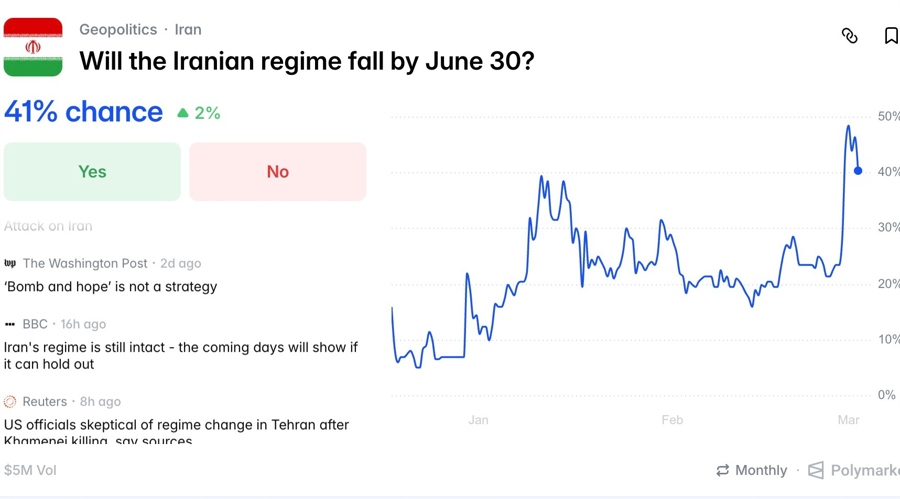“It works like a pyramid,” said Nemer, whose research focuses on Bolsonarism, misinformation, and social media, and the “human infrastructure” behind political misinformation that spreads through WhatsApp. “At the top, you have people who produce misinformation. In the middle, you have Bolsonaro supporters who work like a swarm of bees to spread misinformation on the platform. At the bottom, it’s average Brazilians who are in groups where this misinformation ends up, and they, in turn, spread it to other groups they are in.”
Communities, Nemer fears, will make it easy for the people at the top to manage these misinformation networks.
Experts like Nemer are right to be concerned. When WhatsApp announced in April that it wouldn’t launch the feature until later in the year, Bolsonaro was reportedly angry that the company wasn’t launching it immediately. In July, Brazil’s federal prosecutors reportedly asked the company to delay its launch until after the country’s October elections to avoid the spread of fake news and misinformation.
WhatsApp ultimately rolled out the feature four days after Bolsonaro’s defeat. When BuzzFeed News asked if Meta had waited after the election to launch Communities, a WhatsApp spokesperson simply replied, “No.”
Over the years, WhatsApp has put guardrails in place to slow down the spread of misinformation on its platform, such as clearly labeling forwarded messages, a major source of misinformation, and restricting forwarding messages to only five groups at a time. Now, the company is putting in an additional limitation: People can only forward messages that are forwarded to them to just one group at a time, instead of five.
“We believe this will meaningfully reduce the spread of potentially harmful misinformation in community groups,” a WhatsApp spokesperson told BuzzFeed News.
Still, Nemer is skeptical. “The idea — having a group of groups — is great,” he said. “But what is the point of forwarding limits when you can now post something to a single Announcement group and still reach way more people than if you were to send a single forward to a single group?”














